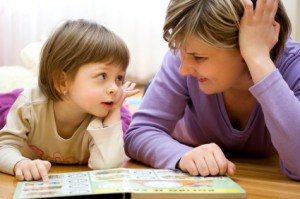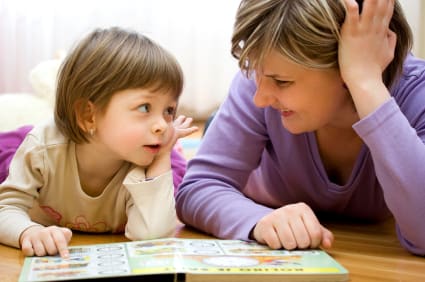This year, Shavuot comes right after Mother’s Day, which should make for an interesting mix. To be completely honest, I  will probably be doing a lot of cooking and preparing for the Chag this Sunday so actually celebrating Mother’s Day in a relaxing way might be impossible with all the pre-holiday hustle and bustle. That being said, there are still some interesting ways that we Mother’s can take care of ourselves, utilizing some of our very basic Torah principles.
will probably be doing a lot of cooking and preparing for the Chag this Sunday so actually celebrating Mother’s Day in a relaxing way might be impossible with all the pre-holiday hustle and bustle. That being said, there are still some interesting ways that we Mother’s can take care of ourselves, utilizing some of our very basic Torah principles.
Here are some of my ideas:
-
Better one who is slow to anger than one with might: (Pirkei Avot)
I have spoken to many moms about why they get angry and it comes down to this: most moms get angry because their standards are too high for themselves. They have unrealistic expectations of what a “good” mom is supposed to do and it is hard to let go of these ideas. This Mother’s Day is a good time to try to stop doing everything perfectly and let go of all your unrealistic expectations. There is no such thing as a mom who never yells, never gets frustrated or impatient and has perfect children that are well behaved 24/7. Today tell yourself “sometimes, I do a great job taking care of my kids and sometimes I am just an average mom. My kids sometimes are well behaved and sometimes they are not. That is the normal way for kids and moms to be. I am capable of managing motherhood and all the problems that may entail.” Not only will it help you as a mom but it will also help show your kids how to be more relaxed and easygoing.
-
Kol Yisroel Arevim Zeh LaZeh:
Let’s be honest, most moms are worn out from all the things they need to do. Between grocery shopping, cooking, cleaning and getting the kids to and from school and activities, the nearly endless list of chores can be overwhelming. It is tough to train your kids to help out, but it can be done. Responsibility for others and our Jewish community begins at home by teaching kids to be responsible and productive members of their own family. This Mother’s Day do yourself a favor and hold a family meeting. Write all the jobs that need to be done on a piece of paper and put it in a hat. Let each child know that they need to pick a job for the next day and do it without being reminded.
-
Mitzvah Goreret Mitzvah:
The number one complaint that moms have about their families is that their kids are cranky and unappreciative. As mothers we can have a great influence on the tone of our home. One simple way to increase the simcha and Shalom Bayit in our home is to start off the day on a positive note. Wake your kids up with an upbeat voice, give them a huge smile and then kiss them as they walk out the door. When we start the day in a positive way everyone feels it.
-
Kibud Av Ve’em:
The Torah is very clear that we need to instill the midah of respecting parents and adults in our children. The responsibility falls to us to help teach our children be respectful not just to us, but to the Jewish community as a whole. Try not to let your children be disrespectful to you today. If your child is talking back, tell him in a gentle voice, “I would love to hear what you have to say, can you try telling that to me again with a respectful tone?” As a parent you have the ability to ask your children to be more respectful.
Let’s spend this Mother’s Day treating ourselves right while using Torah principles to teach our kids how to be productive members of the Jewish community and Klal Yisroel as a whole.
Adina Soclof, MS. CCC-SLP, works as a Parent Educator for Bellefaire Jewish Children’s Bureau facilitating How to Talk so Kids will Listen and Listen so Kids will Talk workshops as well as workshops based on Siblings Without Rivalry. Adina also runs parentingsimply.com.
The words of this author reflect his/her own opinions and do not necessarily represent the official position of the Orthodox Union.

